Welcome Address by Mr. Nicolaas Vervelde, MD/CEO, Nigerian Breweries Plc, at the 1st Nigerian Beer and Health Symposium at Eko Hotels Lagos, on 4 November, 2014
Distinguished ladies and gentlemen,
I am very delighted to welcome you to this very important symposium. Let me also quickly thank you for finding the time to honour our
invitation, especially at this very busy end of year. I can assure you upfront that the time will be well spent and the knowledge from today’s symposium will be very rewarding.
As you already know, we are here today to discuss an interesting
subject of beer and health. I am not the subject expert and very shortly, the experts will take the floor. However, I do know a few things about beer, which I thought I should share with you this morning.
While technology and innovation have changed the way we brew beer and enjoy it today, the many beers in the world, which number over 40,000 are still made from the same four basic natural ingredients – hops, barley, water, yeast. Beer is by far, the world’s oldest 
recorded alcoholic beverage. It has a very rich and fascinating history. Beer, as you will see later in the various presentations, has so many positive qualities and benefits.
With such rich history and apparent popularity of beer in Nigeria, why you may ask, are we sponsoring this symposium? The reason is quite simple.
Firstly, Nigerian Breweries has a huge stake in the industry as market leaders. Through the increase of shareholder value, generation of employment, creation of business opportunities, attracting foreign direct investments, sustained CSR investments, generation of revenue for government at all levels as well as other linkage effects, Nigerian Breweries has been making enormous contributions to economic development. Nigerian Breweries has remained one of the main drivers of manufacturing growth in the country.As at 2013, Nigerian Breweries supported close to 300,000 jobs in the value chain and contributed billions of Naira in taxes to various tiers of government. It is therefore in the interest of all to support the industry through proper understanding of its social and economic benefits.
Secondly, with all its rich history and associated positives and benefits, its role in the social, cultural and economic development of Nigeria, is often under-stated and the story is little appreciated by audiences that are daily overwhelmed by negative images, mostly wrongly attributed to beer.
Many adults in this beautiful planet like to enjoy a well-chilled glass of beer now and then. Certainly, I do myself. But daily, we get confronted with the negative images of wrongful use of beer. The prevalence of these images and the subsequent discussions around them and the negative perception impact on beer, have the capacity for serious impact on this beautiful product. The negative images are reinforced daily, with many unsubstantiated misconceptions over the years.
Nigerian Breweries, as leaders in the industry, has a responsibility to improve the reputation of our category by sharing and celebrating all that’s wonderful about beer. Moderate consumption of beer, can be a source of immense pleasure. As you will see later in this symposium, it can also be part of a positive healthy lifestyle.
Of course, we do recognize that there is a clear distinction between moderate consumption and possible abuse of beer. Alcohol abuse whether from beer or from any other alcoholic beverage, is a problem. It has always been in existence. It is not to our advantage to promote it as it makes our business unsustainable. Promoting moderation and responsible consumption is in our long term interest of sustainability. Nigerian Breweries is already doing a lot in the direction of promoting responsible consumption. A few examples will suffice here:
– NB has partnered with FRSC to run “Don’t drink and drive” campaign
– All NB beer brands carry a drink responsibly message
– The Heineken brand has run the “Sunrise belongs to moderate drinkers” campaign.
– The Heineken brand is currently running the “Dance more, drink slow” campaign.
In the end, it is all about responsibility and moderation.
Distinguished ladies and gentlemen, my job is done in welcoming you. I wish you a pleasant experience during this symposium.
BEYOND ALCOHOL, ON TO THE BENEFITS OF DRINKING BEER
Professor Bankole Omotoso.
Let me commence this contribution to this historical conference on Beer and the Healthy Lifestyle by expressing my gratitude to organisers of this symposium, for the invitation to chair and speak at this occasion. I am particularly gratified that that at last the Nigerian beer drinkard (as the Nigerian writer would have put it) is being served by a Nigerian conference. Beer has been an important component of a healthy life style in human history for over four thousand years. It continues to be.
My particular interest in beer and other beverages such as palm wine and grape wine began long ago, as a boy sent by my grandfather to harvest the juice of the palm tree which had been cut down and laid horizontal for easy collection. Later travels and further immersion in lifestyles led to particular passion for the ultimate relationship between alcohol and beer.
Each area of human manipulation and invention contains an abiding puzzle. With car making it is always to invent a car that would, like the horse that inspired the automobile, move itself without a rider. The invention of automatic transmission brought that day forward. Today self-driving cars are being tested and we might have soon self-driving cars competing with life horses on the race course!
In the field of aeroplanes, it would be the one that would fly without a pilot. Today, drones fly past birds to do what they need to do. What then is the abiding puzzle in the case of beer brewing? Before I go into this I want to quote some of the major ways that Beer and Beer Brewing has enriched the languages and cultures of the world.
“It was the accepted practice in ancient Babylonia 4000 years ago that for a month after the wedding, the bride’s father would supply his son-in-law with all the mead he could drink. Mead is a honey beer, and because their calendar was lunar based, the period was called the ‘honey moon’ – or what we know today as the honey moon.”
“Before thermometers were invented, brewers would dip a thump or finger into the mix to find the right temperature for adding yeast. Too cold, and the yeast would not grow. Too hot, and the yeast would die. This thumb in the beer is where we get the phrase ‘rule of thumb’.”
“In English pubs, ale is ordered by pints and quarts. So, in Old England, when customers got unruly, the bartender would yell at them to mind their own pints and quarts and settled down. It’s where we get the phrase mind your p’s and q’s!”
“Beer, we are told, was the reason the Pilgrims landed at Plymouth Rock. It’s clear from the Mayflower’s log that the crew did not want to waste beer looking for a better site. The log goes on to state that the passengers were hasted ashore and made to drink water so that the seamen might have the more beer.”
“After consuming a bucket or even two of a vibrant brew they called ‘aul’ or ‘ale’, the Vikings would head fearlessly into battle often without armour or even shirts. In fact, the term ‘berserk’ means ‘bare shirt’ in Norse, and eventually took on the meaning of their wild battles.”
“In 1740 Admiral Vernon of the British fleet decided to water-down the navy’s rum. Needless to say, the sailors were not too pleased and called Admiral Vernon Old Grog, after the stiff wool grogram coats he wore. The term ‘grog’ soon began to mean watered down drink itself. When you were drunk on this grog, you were ‘groggy’, a word still in use today.”
I remember that one particular brand of beer Becks had been so domesticated that when my Uncle called for his Abeke I knew where to go and bring her!
Now to go back to that abiding puzzle mentioned in the case of the automobile and aeroplane industries, which is still to be solved resolved in the industry of brewing of beer. What is the correct alcoholic content to make beer the best beer can be?
Whoever can discover that formula would have done in beer brewing what the automobile and aeroplane industries have done for the pleasure car and the aircraft? Brewers have reduced the alcohol content drastically to create Beer Lite. At other times brewers have increased the alcohol content to hasten intake and effective inebriation! And there has been non-alcoholic beer as well.
In the rest of this presentation I wish to look at the health benefits of each one of these versions of beer: the non-alcoholic, the lite and the high alcoholic content. But let me sound a note of warning. All cultures preach one particular central virtue over and above every other virtue. In the Yoruba culture it is possible to state categorically that moderation, iwotunwosi, the washing of the left hand and of the right hand, is the singular pillar of existence as contained in the Ifa Divination poems “highly valued by the Yoruba as the guardian of Yoruba culture, the wisdom of the ages and the teachings of the ancestors and the divinities.”
In terms of drink, “to drink moderately is to drink within the limits set by your health, the society in which you live and your obligations towards your family and friends: this means 1 – 3 drinks a day for most men. Women are more sensitive to alcohols, so they are advised to drink less than men: 1 – 2 drinks a day.” This amounts to a quarter litre glass having between 4 and 5 per cent alcohol 10g by volume. This approximates to beer lite.
Alcohol and the natural raw materials from which beer is brewed are good to drink and are also good for the health. They are not health risks when taken moderately. Foods and drinks consumed by human beings contain both bad fat and good fat. When alcohol is consumed there is an increase of good fat. This is the fat that the body can easily convert to energy. Bad fat has a habit of sitting at the neck or at the guts or anywhere else that would give it space. Alcohol does not contain this bad type of fat.
There is also medical evidence that alcohol consumption has a blood thinning effect and this leads to the reduction of the tendency of blood to form clots. As we know now blood clots prevent the flow of blood to the heart and the brain thus causing massive heart attacks. It is also true that moderate alcohol consumption reduces the inflammation of the inner linings of the nerves as well as a lower level of insulin resistance. Any alcohol, whether sourced from beer or wine or any other beverage, protects the heart. How much and how often must be governed by the ruled of moderation spelt out earlier. The consumption of beer with a meal is considered a better way rather than drinking on an empty stomach.
Specifically, there are some illnesses and diseases which can be prevented, minimized or completely prevented by the consumption of alcohol. Some of these are Diabetes Mellitus, weakening of the bones (osteoporosis) as a result of the increase in blood of oestrogen associated with alcohol consumption in women. Others are Dementias which is the decline of cognitive ability with the advance of age. Parkinson’s disease, Gallstones and Kidney stones are other illnesses.
These illnesses and diseases are helped by the presence of flaveroid and silicon, minerals present in beer. Moderate consumption of alcohol creates a feeling of well-being, reducing stress and tension.
Moderate consumption of beer for general health effects:
Beer drinking can make a positive contribution to a healthy diet because of its wholesome raw materials used in brewing beer. These natural raw materials are cereals, hops, yeast and water. There are soluble fibres derivable from the cell walls of barley which are good for human health. All these natural materials contain antioxidants, vitamins especially of the B variation, silicon and fibre. Beer is generally on the average is 93% water. As a result beer is a thirst quencher of the first order with low alcohol. Research on alcohol-free beer has shown that these benefits are also present as well. This would mean that it is not only beer that has alcohol content that gives these benefits. So, beyond alcohol, the potential beneficial effects of the natural ingredients of beer are likely to apply to non-alcoholic beer.
Going further on barley’s soluble fibre, two glasses of beer contains in average 10% of the recommended daily intake of soluble fibre. Some beers can provide up to 30% of this food item. Fibre slows down digestion and absorption of food and reduces cholesterol levels. Cholesterol as we all know or should know helps the risks of heart disease.
People who drink beer have protection from bacterium helicobacter pylori, a bacterium known to cause the majority of stomach ulcers and may be a risk of stomach cancer.
Depending on style and process of brewing antioxidants present in beer from malt (barley) and hops as ingredients can be high or low. It is generally believed that antioxidants may play a role in the protection against cancer through their action against free radicals. Antioxidants also inhibit blood clotting.
Vitamins and Minerals:
Present in beer and various forms of vitamin B: macin, riboflavin (vitamin B2) pyroduxine (vitamin B6) folate (vitamin B9) and cabolamin (vitamin B12).
Some of the minerals present in beer are high potassium, low sodium, low calsium and rich magnesium which protects against gall stones and kidney stones formation. Silicon intake is associated with healthy bones.
Hops:
Small quantities of the flower from hops are used to preserve beer as well as to flavour it. Beer is the only dietary source of hops and flavonoids found in hops helps to fight cancer.
Beer does not contain fat or cholesterol and it is low in free sugar. Any calories which beer contain, comes from the alcohol content. And as mentioned earlier research into non-alcoholic beer shows that the benefits derivable from beer with alcohol are also found in beer without alcohol.
I would like to bring these comments to a close by quoting a poem that should be familiar to all of us. It is the sum total of what I have been saying in the last so many minutes:
“I am not scared of goblins or ghouls and things that go bump in the night
Werewolves and bats and witches and such do not give me much of a fright.
But there is this one thing that scares me to death and only this one thing I fear
And that’s to open my fridge at night and find that I’m all out of beer!”
Professor Bankole Omotoso.
Thursday 30.10.2014
Stellenbosch, Cape Town,
Western Cape,
South Africa.



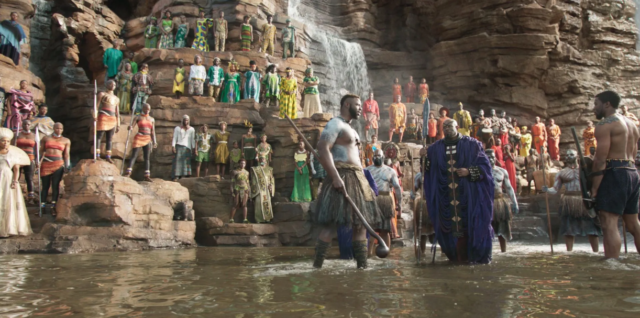
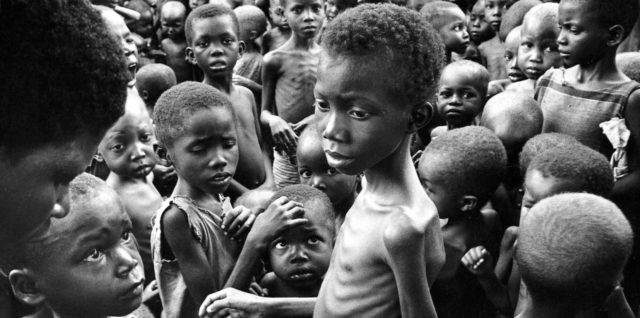

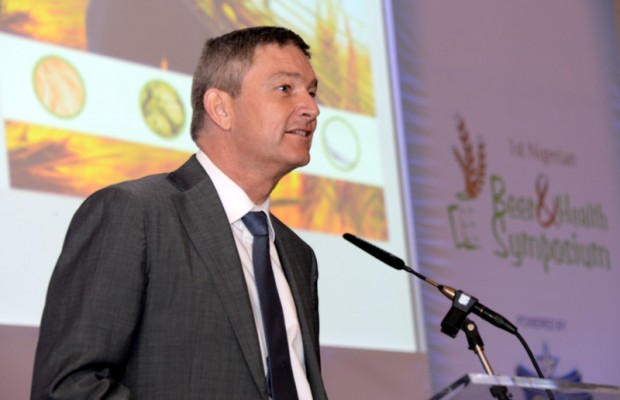




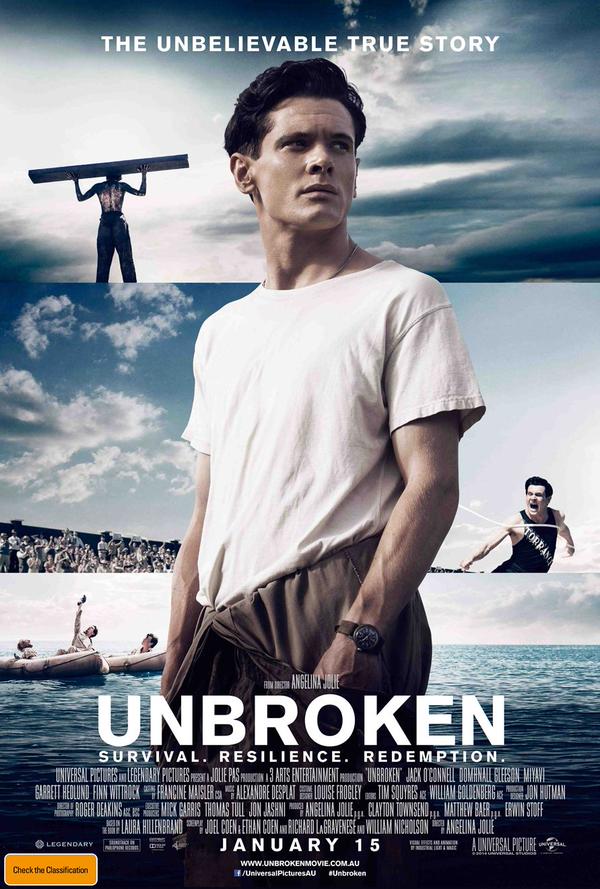
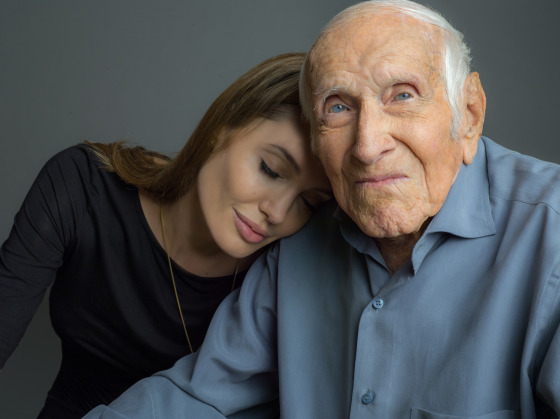

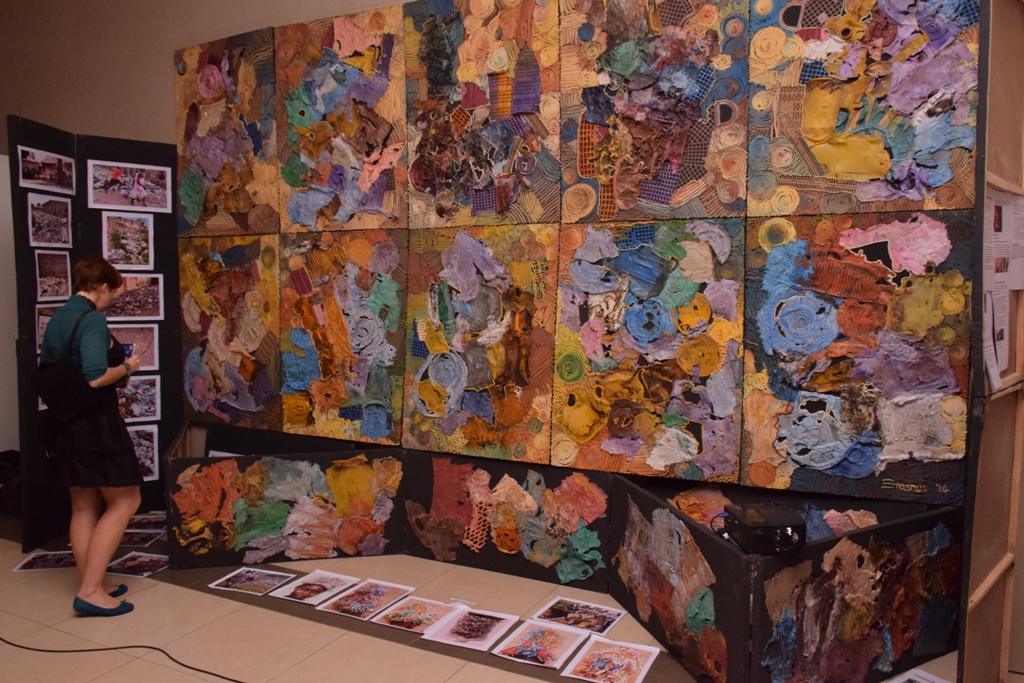
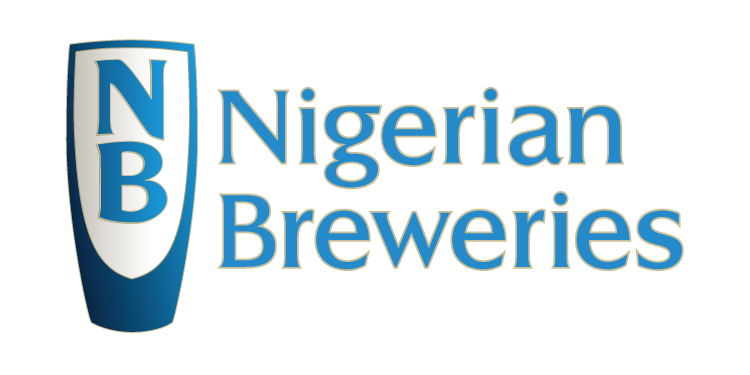

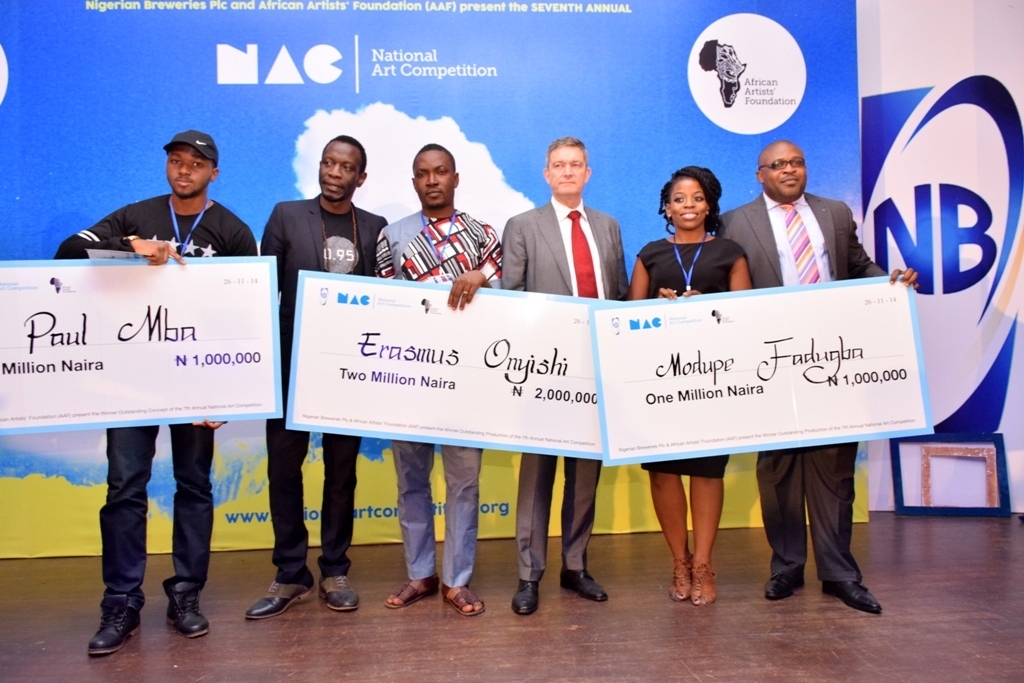
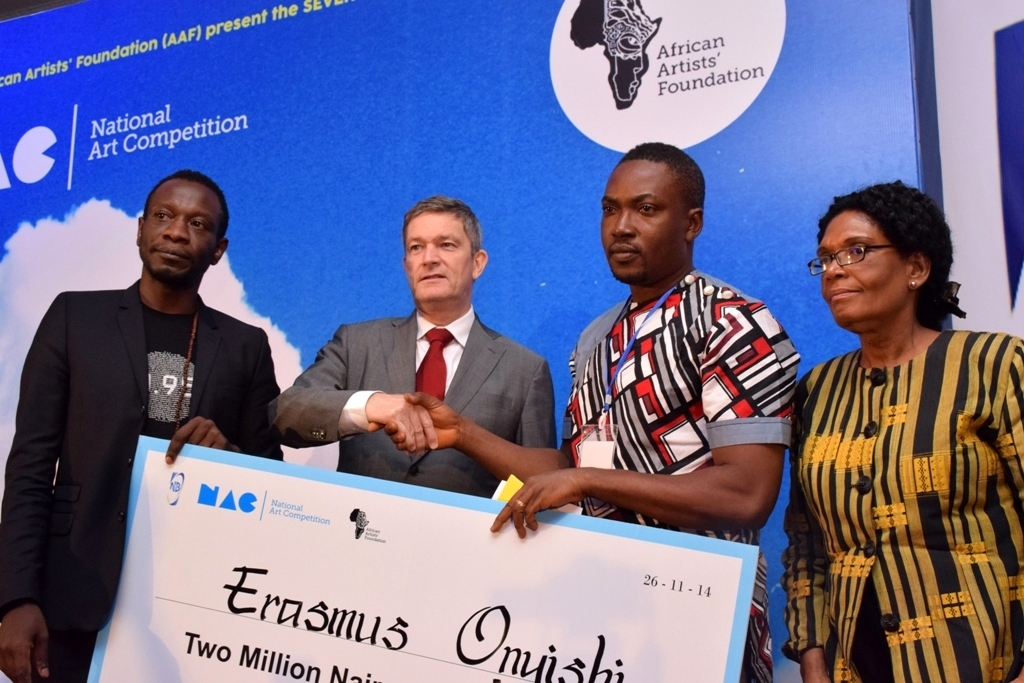
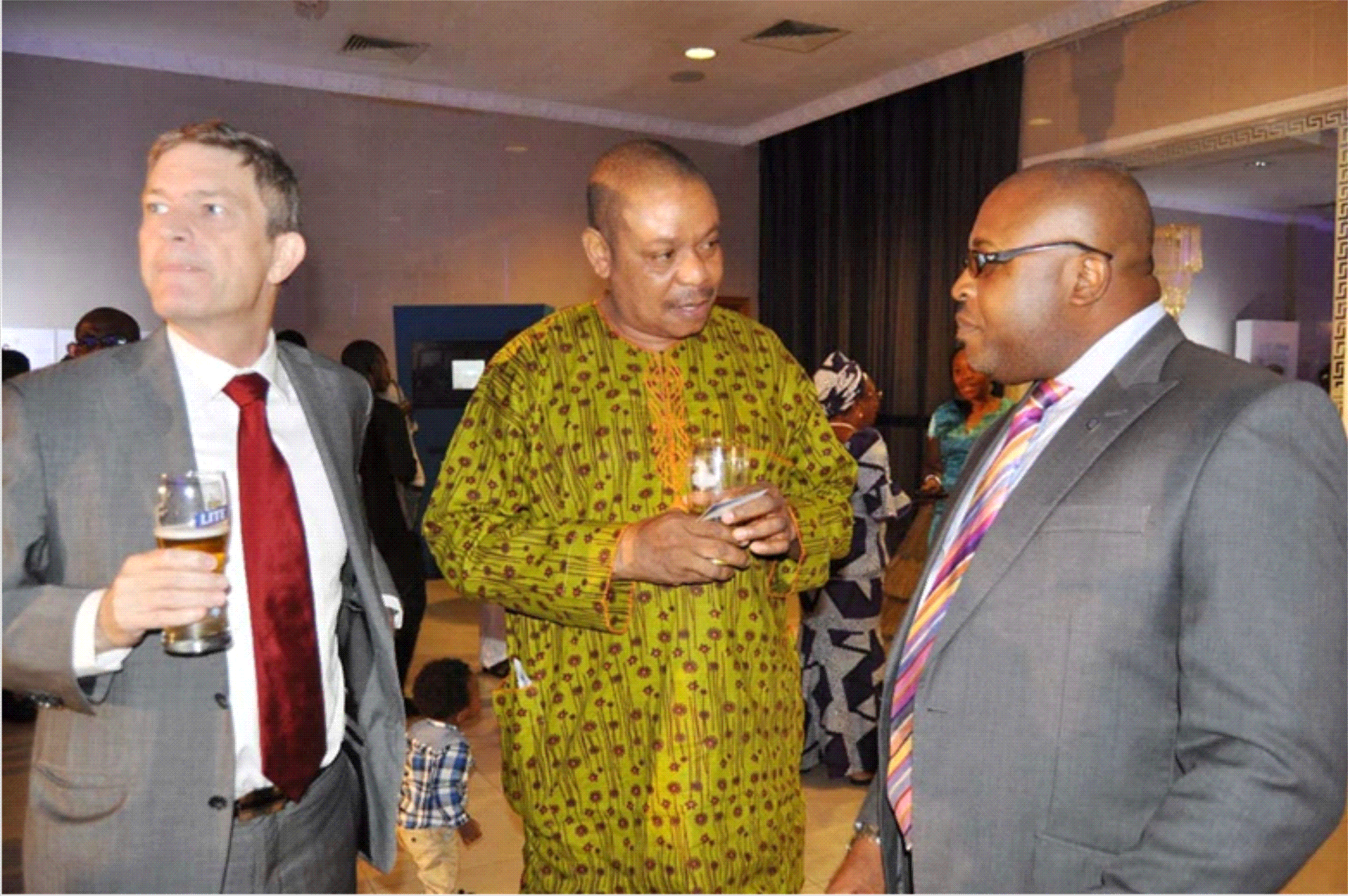
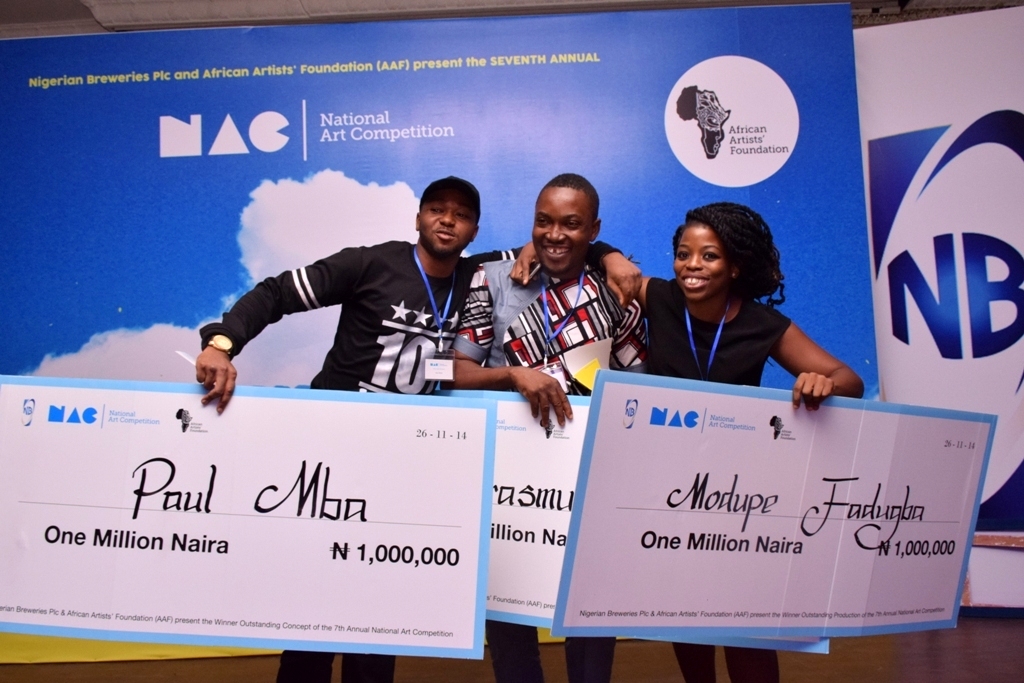
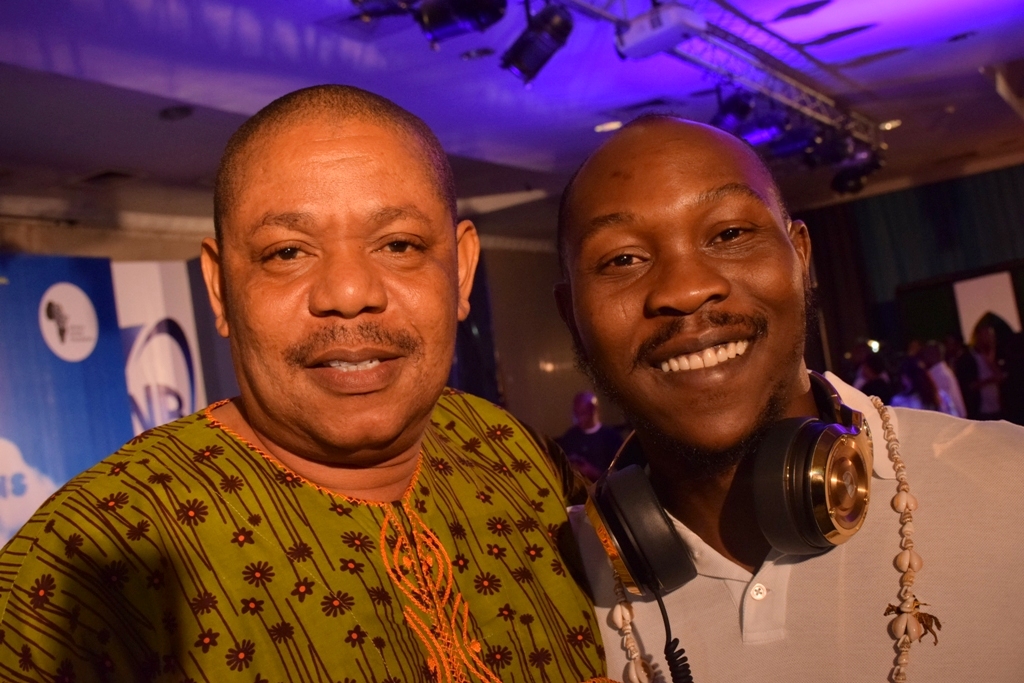
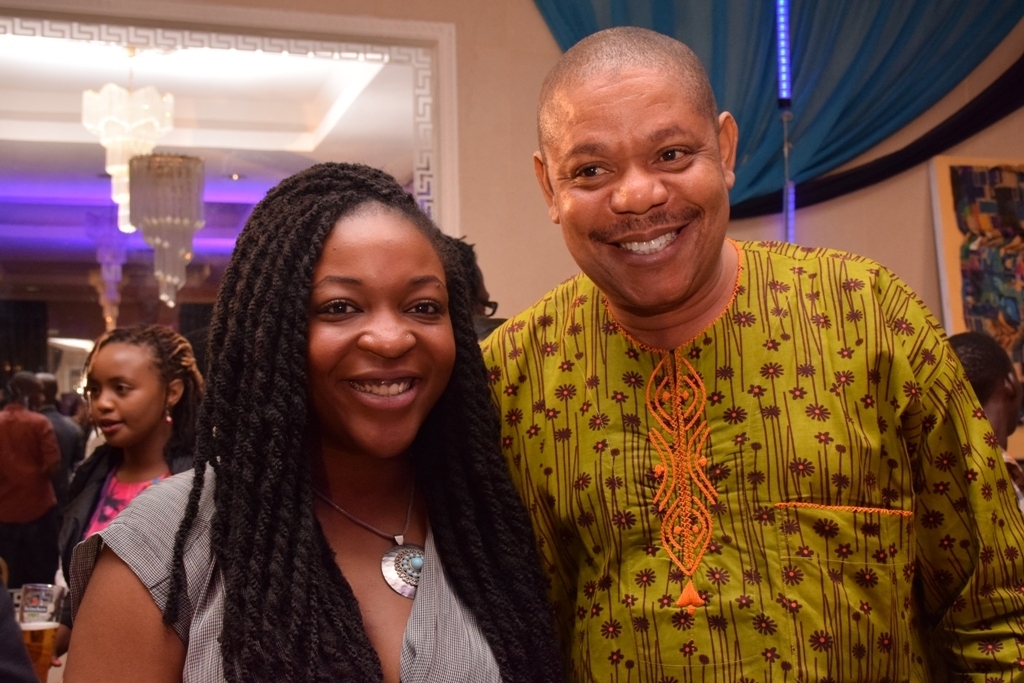
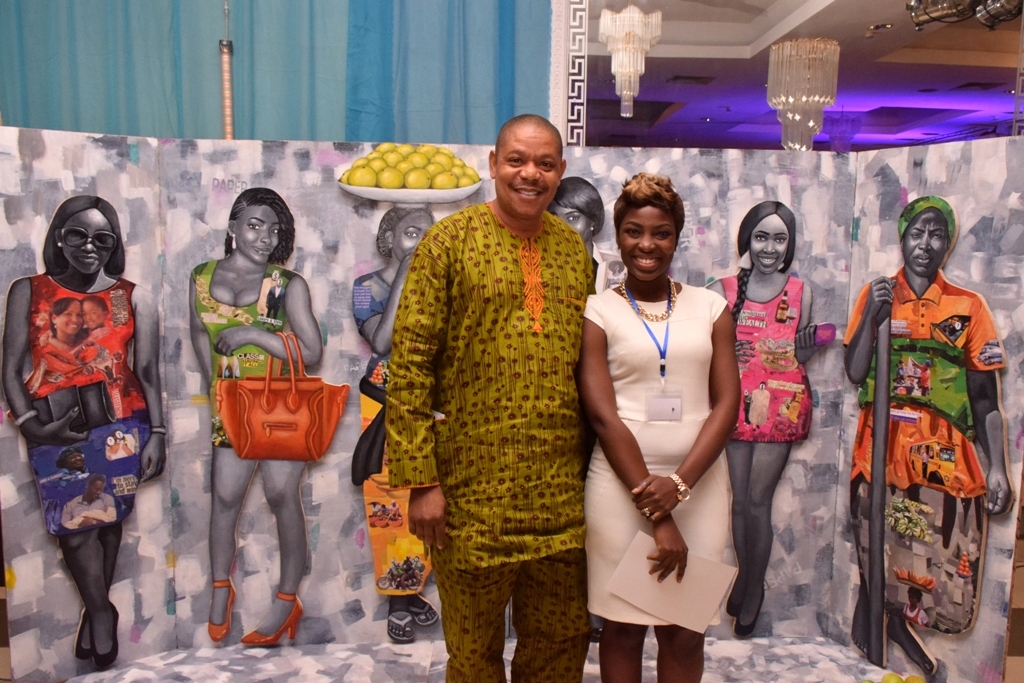

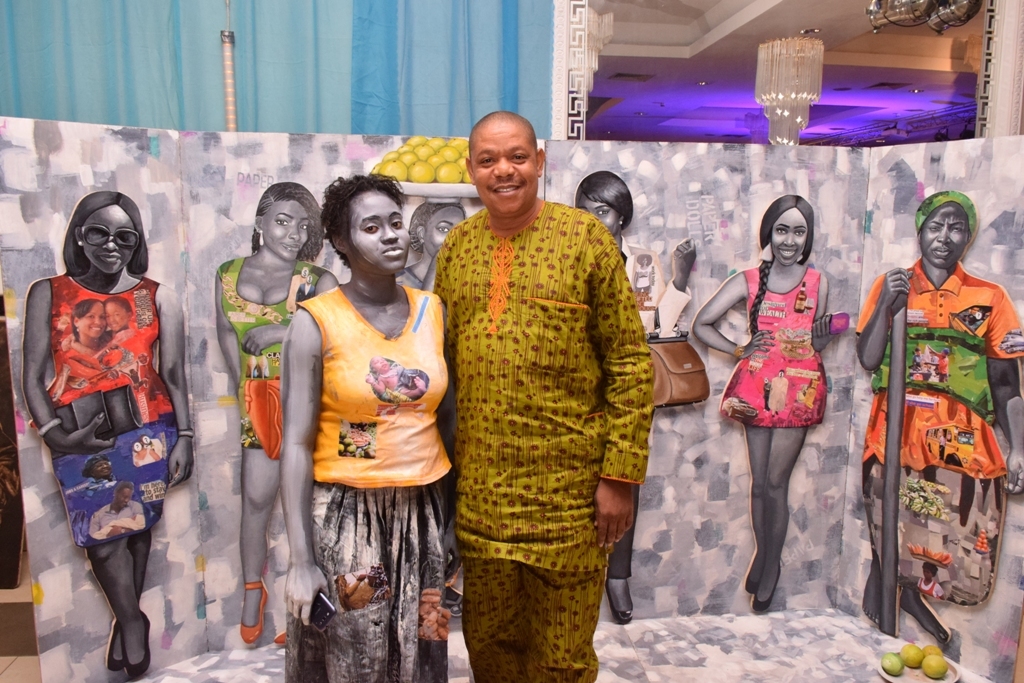


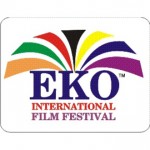 The target audience is the wider public. There are no specific technical requirements. The film must be compatible with makido’s ethical guidelines and not compromise any Christian ethical values.
The target audience is the wider public. There are no specific technical requirements. The film must be compatible with makido’s ethical guidelines and not compromise any Christian ethical values.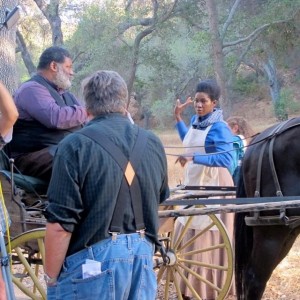
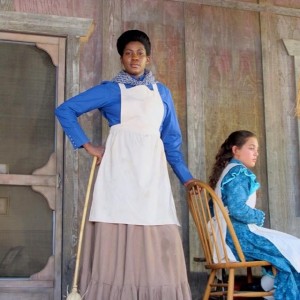
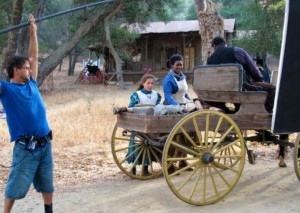
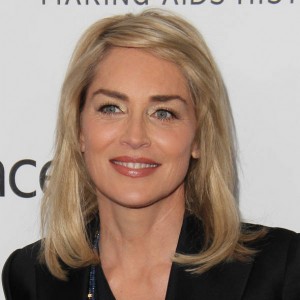


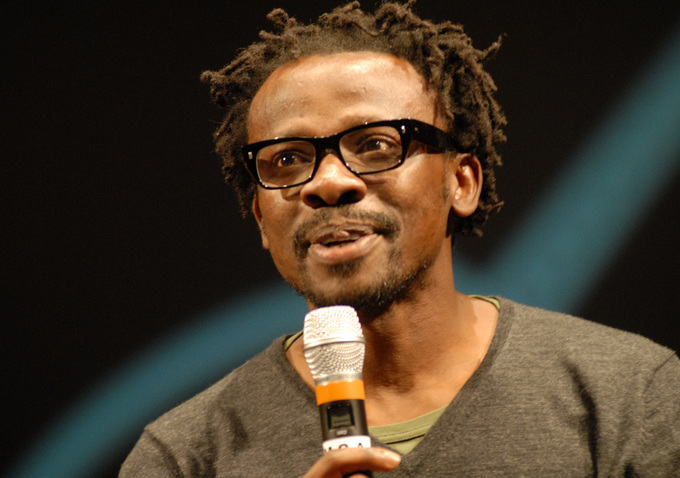 Newton I. Aduaka
Newton I. Aduaka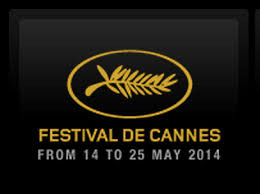 For L’Atelier’s 10th edition, 15 projects from 15 countries have been selected, ranging from upstarts to veteran directors.
For L’Atelier’s 10th edition, 15 projects from 15 countries have been selected, ranging from upstarts to veteran directors.